But with the NFL combine coverage being at the forefront of my mind, I am reminded of my personal experience with the scouting process. Several years ago, I was lucky enough to coach one QB who I thought was good enough to physically play in the NFL. I knew this when he was 17 years old. He had a terrific arm and even quicker release. Even better, he could process a lot of information, despite average "book smarts". He turned down some big time offers (including sadly, one to my Alma Mater) to go to a school that had put a string of QBs into the league. Long story short - my connection with him got him to come to the school I was just hired at, and he had a great career - throwing for over 12,000 yards in the process. Though roughly 10 teams were at his Pro Day (small college), I was disappointed that there were no QB coaches, and one team's running backs coach ran the workout. His group had prospects at the position, so this wasn't surprising. What was surprising was the response I got from a personnel executive friend of mine when I inquired about him - the book they had said he wasn't a good enough athlete at the position. I was dumbfounded. This was a kid who his high school's district in rebounding despite being a shade over 6'2. He was also recruited by Nebraska as an option guy, and other schools liked him as a safety coming out of high school. If I were a personnel guy, there were other concerns - perhaps enough to pass on this player, but physical ability was not one of them.
The choices were then a) the personnel guy wasn't being truthful or b) they did not do their homework, or c) their evaluation didn't measure the correct information. As I look at all the criteria that evaluators use, I often think they leave out some very important considerations.
I think that arm strength IS important in the NFL, but throwing the first half of the route tree is a waste of time in that regard. Physically, I'd be more concerned with how a QB can re-set and throw, or the velocity on throws when he can't get his body into a turn. I would have drills that take into account his vision, making him put the ball in one place or another. There are obvious reasons why there aren't "1 on 1" drills because of liability concerns; however, such drills can be set up with dummies or people holding up bags (and thus no injury concerns). Resources aren't an issue. I'd think football people would be much more concerned in how a QB anticipates adjustments on a "streak read" (below) vs. "middle open- or -closed" coverages, rather than how fast he is in the 3-cone drill.
Is this unfair? I don't think so. He's got to be able to digest a ton of information, and doing so under duress. The job is mentally draining, and I just think sometimes there is so much emphasis on this...
What does he know?
How does he conceptualize?
How does he deal with success or failure?
How does he accept coaching?
How well does he articulate?
How does he handle criticism?
Football people also make use of the use of personal character references, often referred to as "sources we trust". The upper echelon organizations do a pretty decent job in this field, going as far back as elementary school in some instances. However, some organizations only query former coaches, who might see athletes in a different light than say, the cafeteria lady or guidance counselor. I think back to the days I spent recruiting, and I can't remember many times when I didn't hear "Coach, he's a great kid" from a high school coach. I've heard it said that some people want athletes to care only about their sport as a testament to their commitment; truth is (especially with this position), that you'd really prefer someone who will compete to the best of their ability in EVERY situation, not just when they have an advantage.
- Be highly organized
- Be willing to take calculated risks
- Know that working smart is just as important as working hard
- Be able to spot a winner when they see one
I don't doubt that many teams are consistent with the first two points, but I have serious reservations about the last two. Jamarcus Russell? I remember telling a whole slew of people he'd never make it (Mike, Ryan, and Derek - remember?). How did I know? Because I saw tape of him as a high school senior and he waited for receivers to be out of their breaks before throwing, and that had not changed at LSU. Nobody knows for sure - just as Billy Beane (Brad Pitt) pointed out in "Moneyball" - there is no crystal ball. There is no way of assuring how a player will project from college to the NFL, but I think some things can be done more efficiently, especially from the workout and scouting standpoint.
To me, the way a player's talent will translate has to do more with his surrounding players relative to the opposition rather than if he took all his snaps from shotgun. Shotgun as opposed to under center doesn't matter as much other things, yet people seem to waste a lot of breath on the subject. Why? Every team has a QB coach that's a millionaire - he can teach drops. It's about processing large volumes of information and having enough of a skill set athletically to get the ball to someone open ( who should be graded on speed and explosiveness) -- all while have the courage to ignore the pass rush and the mental toughness to ignore talk radio.
While some things read here might seem "out there"-- this process should be a job interview, and so it should be taxing and stressful, given the stakes. It's widely acknowledged that there is much to be quantified. It just seems that many times, the powers that be are quantifying the wrong things.

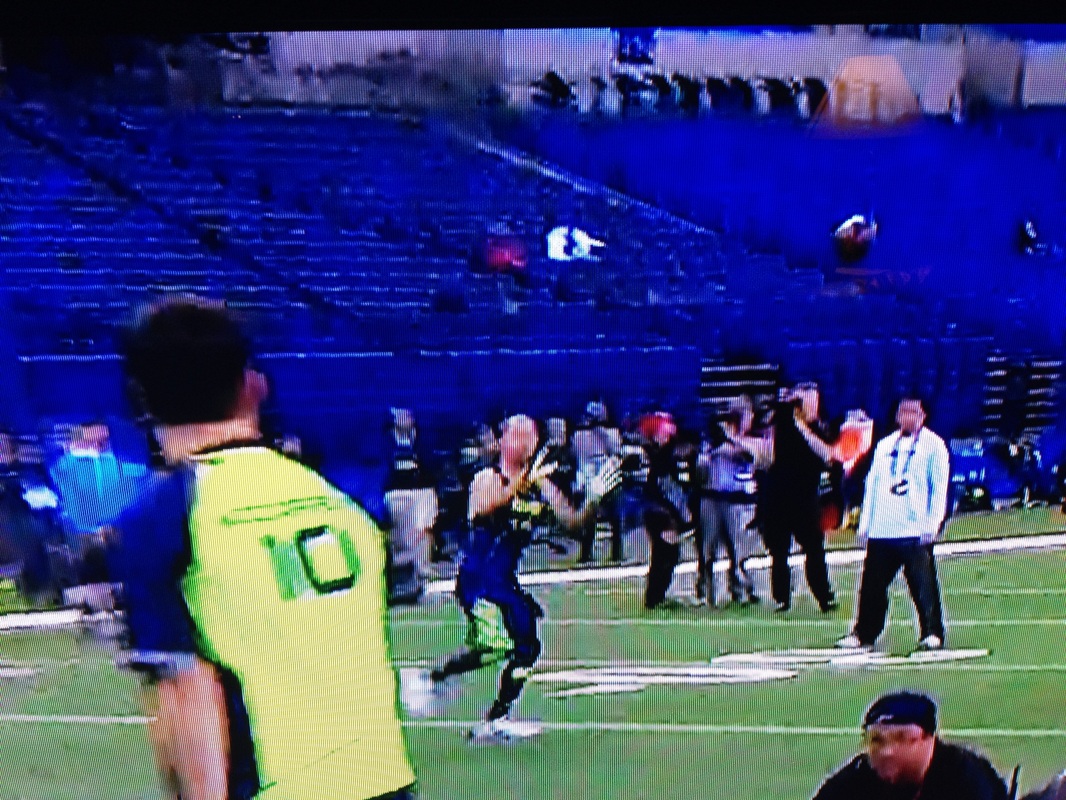
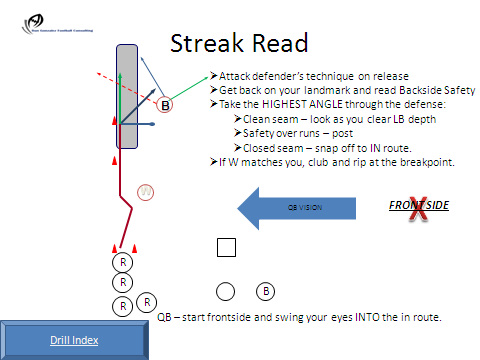
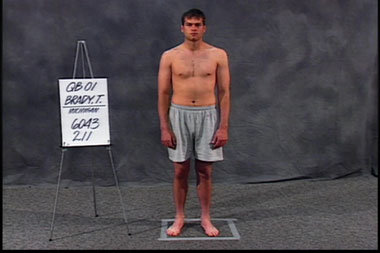
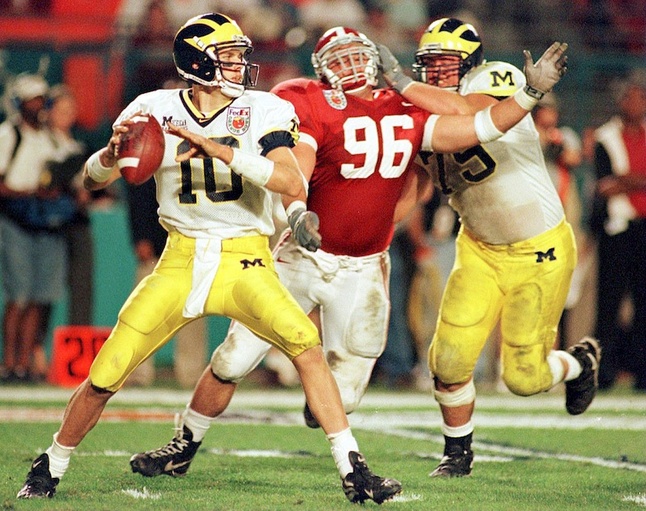
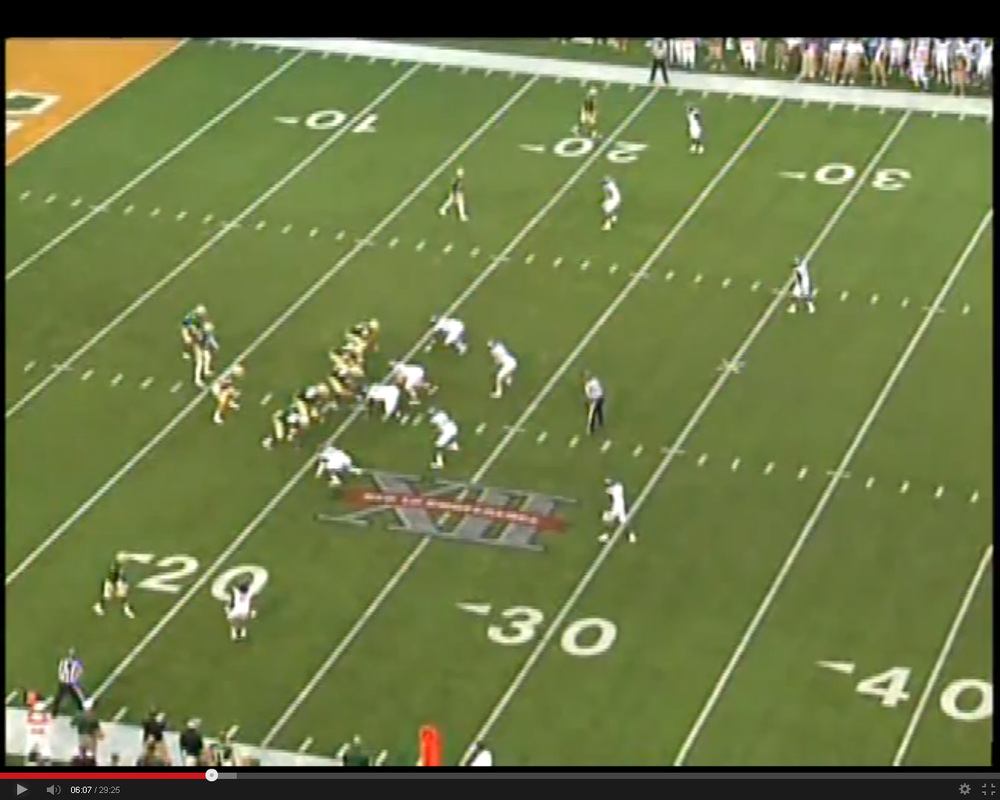
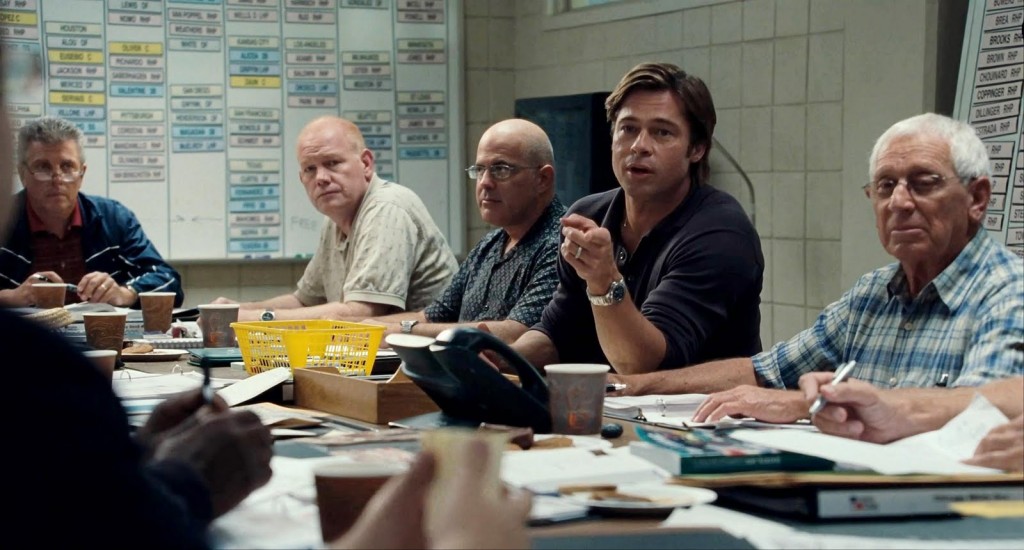

 RSS Feed
RSS Feed
